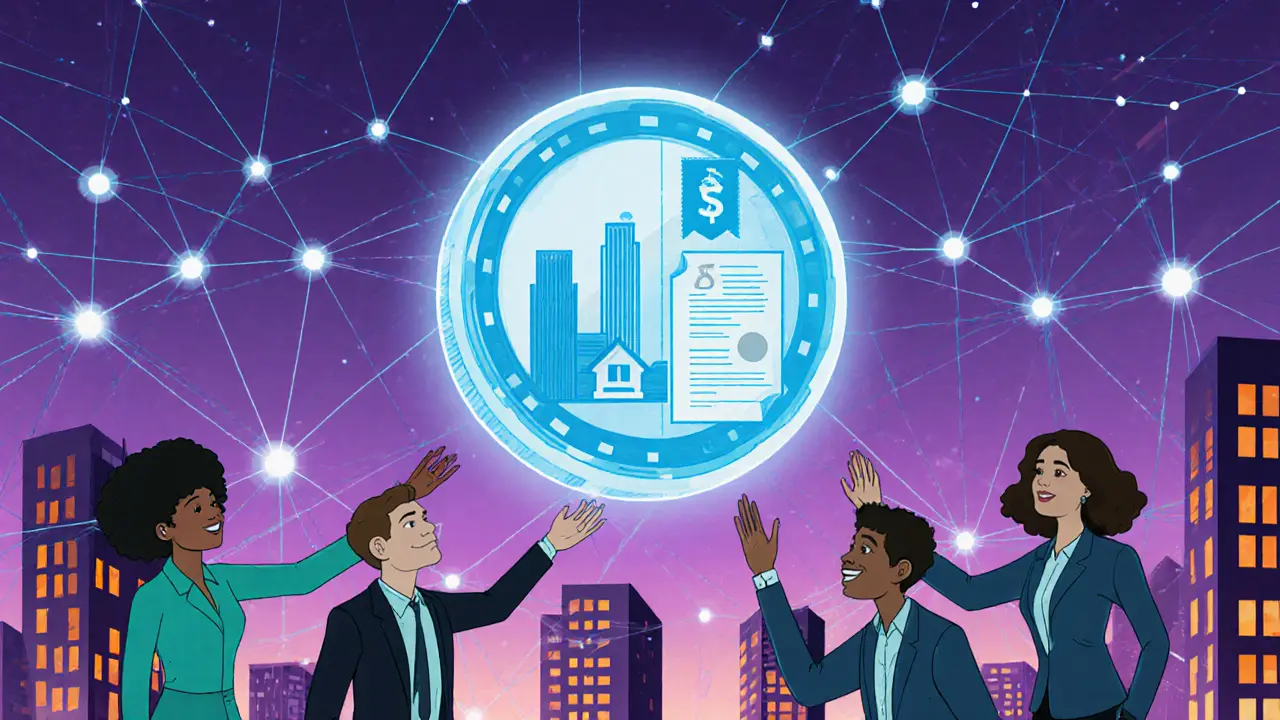Tokenization: Turning Real‑World Assets into Digital Tokens
When working with Tokenization, the process of converting physical or financial assets into blockchain‑based digital units. Also known as digital tokenization, it lets anyone buy, sell, or trade a slice of the original asset without moving the asset itself. Tokenization is reshaping finance because it bridges traditional markets and crypto ecosystems.
One core ingredient is smart contracts, self‑executing code that enforces the terms of an agreement on a blockchain. These contracts lock the asset’s ownership rules into code, making transfers instant and trustless. Another key player is DeFi, decentralized finance platforms that let users lend, borrow, or trade tokens without banks. DeFi relies heavily on tokenization because every loan, pool, or derivative is backed by a tokenized asset. Finally, the whole system lives on the blockchain, a distributed ledger that records all token movements securely and transparently, providing the backbone for verification and immutability.
Why Tokenization Matters Today
Tokenization encompasses asset digitization, meaning you can represent anything from real estate to artwork as a fractionally owned token. It requires smart contracts to encode ownership rights, and those contracts run on a blockchain that everyone can audit. Because DeFi platforms accept these tokens, holders can earn yield, provide liquidity, or use them as collateral – all without a middleman. In practice, this creates new investment opportunities, lowers entry barriers, and speeds up settlement times. Below you’ll find guides on flash‑loan arbitrage, airdrop verification, exchange reviews, and more – all tied together by the tokenization theme that powers modern crypto finance.
Security Tokens Explained: Blockchain Basics, Benefits & Risks
Learn what security tokens are, how tokenization works on blockchain, their benefits, regulatory rules, real‑world use cases, and how to buy or trade them safely.
read more

